
The world of artificial intelligence is changing fast. While we're familiar with chatbots that answer questions, something bigger is happening. Gartner has named Agentic AI as the top tech trend for 2025, describing autonomous machine "agents" that move beyond query-and-response generative chatbots to do enterprise-related tasks without human guidance. This shift from reactive to proactive AI marks a turning point in how businesses operate.
An agentic AI company doesn't just build tools that respond to commands. They create systems that think, plan, and act independently. These AI agents can handle complex tasks, make decisions, and even collaborate with other systems. The result? Businesses can automate processes they never thought possible.
Market Growth Shows Strong Demand for Autonomous AI Solutions
The numbers tell an impressive story about this emerging market. The Global Agentic AI Market size is expected to be worth around USD 196.6 billion by 2034, from USD 5.2 billion in 2024, growing at a CAGR of 43.8% during the forecast period from 2025 to 2034. This explosive growth reflects growing confidence in autonomous AI technology.
What drives this rapid expansion? Companies are discovering that agentic AI company solutions can handle tasks that traditionally required human oversight. From customer service to data analysis, these systems work around the clock without breaks or sick days.
Enterprise Adoption Accelerates in 2025
Real-world deployment is already underway. Deloitte projects that 25% of enterprises using GenAI will deploy autonomous AI agents in 2025, doubling to 50% by 2027. This adoption pattern shows businesses aren't just testing the waters - they're diving in headfirst.
The reason is simple: results speak for themselves. Early adopters report significant improvements in efficiency, cost reduction, and customer satisfaction. When an AI agent can resolve customer issues instantly or process invoices without human intervention, the business case becomes clear.
Leading Companies Shape the Agentic AI Landscape
Several major players are establishing themselves as dominant forces in the agentic AI company space. These organizations combine cutting-edge research with practical business applications, creating solutions that actually work in real-world environments.
OpenAI continues to lead innovation with its advanced language models and agent capabilities. Their systems can handle complex reasoning tasks and maintain context across extended interactions. Microsoft's partnership with OpenAI has created powerful enterprise solutions that integrate seamlessly with existing business software.
Tech Giants Invest Heavily in Autonomous AI
Microsoft and AWS lead the rapidly expanding foundation models and model management platforms market, while Accenture and Deloitte lead the highly fragmented generative AI services market. This competition drives innovation and gives businesses more options for implementing agentic AI solutions.
Anthropic has emerged as another key player, focusing on AI safety and reliability. Their Claude AI assistant demonstrates strong agentic capabilities while maintaining ethical guidelines. Amazon's backing of Anthropic shows how cloud providers are positioning themselves in this growing market.
How Agentic AI Companies Transform Business Operations
The impact of an agentic AI company extends far beyond simple automation. These systems fundamentally change how work gets done by taking ownership of entire processes rather than just individual tasks.
Traditional automation requires detailed programming for each scenario. Agentic AI adapts to new situations using reasoning and learning capabilities. When faced with an unexpected problem, these systems can devise solutions rather than simply failing or requesting human intervention.
Multi-Agent Collaboration Creates Powerful Solutions
Modern agentic AI systems work together in teams, just like human employees. One agent might handle customer inquiries while another processes orders and a third manages inventory. This collaborative approach creates more robust and efficient business operations.
Companies implementing these solutions report faster decision-making and reduced operational costs. The ability to handle multiple tasks simultaneously without human coordination saves time and reduces errors.
Real-World Applications Drive Market Growth
The practical applications of agentic AI technology span numerous industries and use cases. Healthcare organizations use AI agents to manage patient scheduling and medication reminders. Financial services firms deploy them for fraud detection and customer support.
Manufacturing companies benefit from AI agents that monitor production lines and predict maintenance needs. Retail businesses use them for inventory management and personalized customer experiences. Each successful implementation demonstrates the versatility of agentic AI solutions.
Customer Service Revolution Through Autonomous Agents
Perhaps the most visible application is in customer service. Unlike traditional chatbots that follow scripts, agentic AI systems understand context and can resolve complex issues independently. They access multiple databases, process information, and make decisions based on company policies and customer history.
This capability has transformed customer experience expectations. Customers now expect instant, intelligent responses regardless of the time of day or complexity of their request.
Challenges and Opportunities in the Agentic AI Market
Despite the promising growth, the agentic AI company sector faces significant challenges. Over 40% of agentic AI projects will be canceled by the end of 2027, due to escalating costs, unclear business value or inadequate risk controls, according to Gartner. This statistic highlights the importance of careful planning and implementation.
Successful companies focus on clear business objectives and measurable outcomes. They start with specific use cases rather than trying to implement comprehensive solutions immediately. This approach reduces risk and allows for gradual expansion of AI capabilities.
Building Trust Through Transparency and Control
Trust remains a crucial factor in agentic AI adoption. Companies must demonstrate that their AI systems make decisions transparently and allow human oversight when needed. The most successful implementations maintain clear audit trails and provide mechanisms for human intervention.
Businesses also need to address employee concerns about job displacement. The most effective approach involves retraining staff to work alongside AI agents rather than replacing human workers entirely.
The Future of Autonomous AI in Business
Looking ahead, the agentic AI company landscape will continue evolving rapidly. Integration with existing business systems will become more seamless, and AI agents will handle increasingly complex tasks. The focus will shift from basic automation to strategic decision-making and creative problem-solving.
New business models will emerge as companies discover innovative ways to monetize AI capabilities. Some organizations will become AI-first businesses, where human employees primarily supervise and guide AI agents rather than performing routine tasks themselves.
Preparing for the Autonomous Future
Companies planning to implement agentic AI solutions should start by identifying processes that benefit from autonomous operation. The key is choosing applications where AI can provide clear value while maintaining appropriate human oversight.
Investment in employee training and change management will be crucial for successful adoption. Organizations that prepare their workforce for collaboration with AI agents will have significant advantages over those that don't.
The future belongs to businesses that can effectively combine human creativity and judgment with AI efficiency and scale. An agentic AI company that understands this balance will lead the charge toward a more automated and intelligent business world.
The transformation is already underway, and the companies that act now will shape the future of work itself.






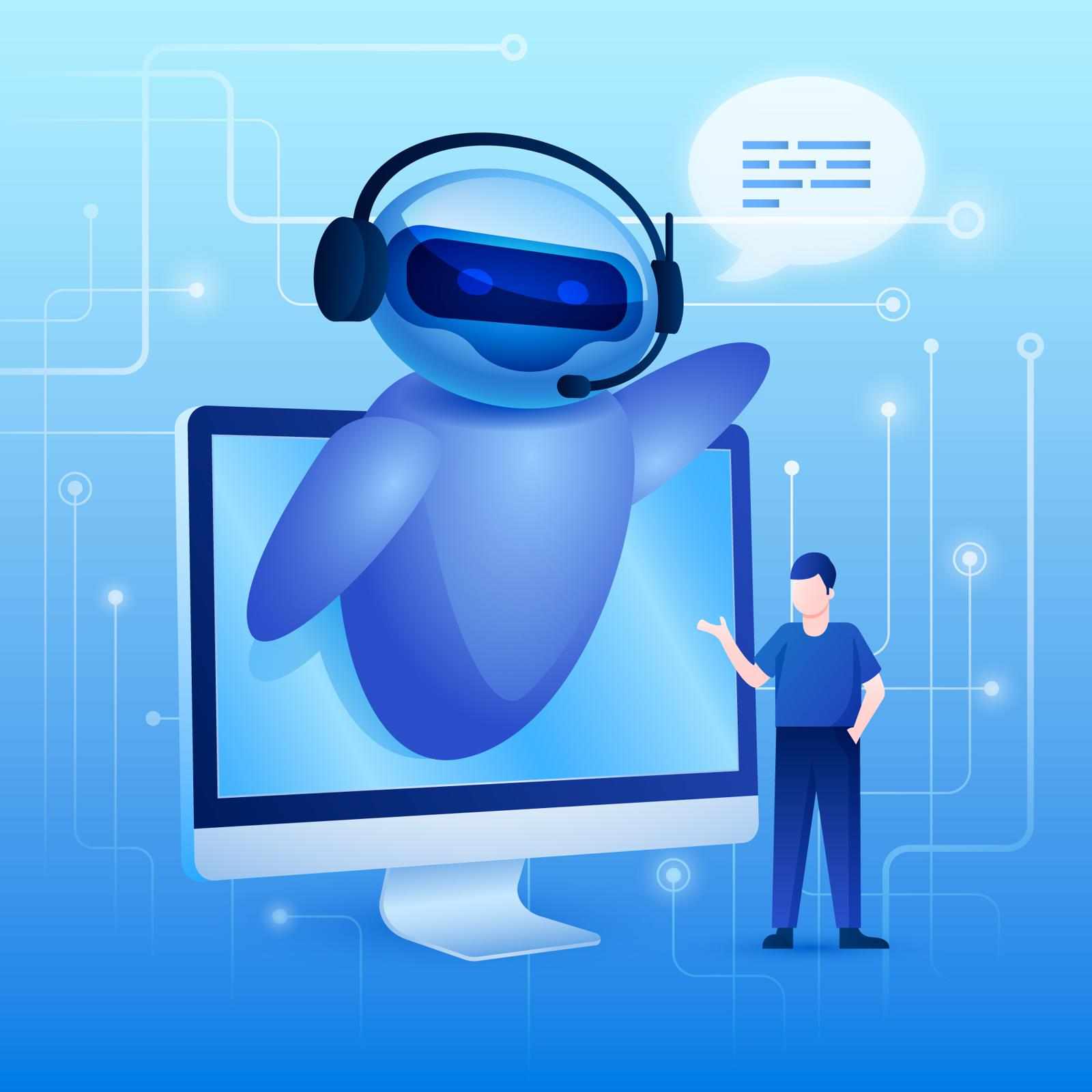





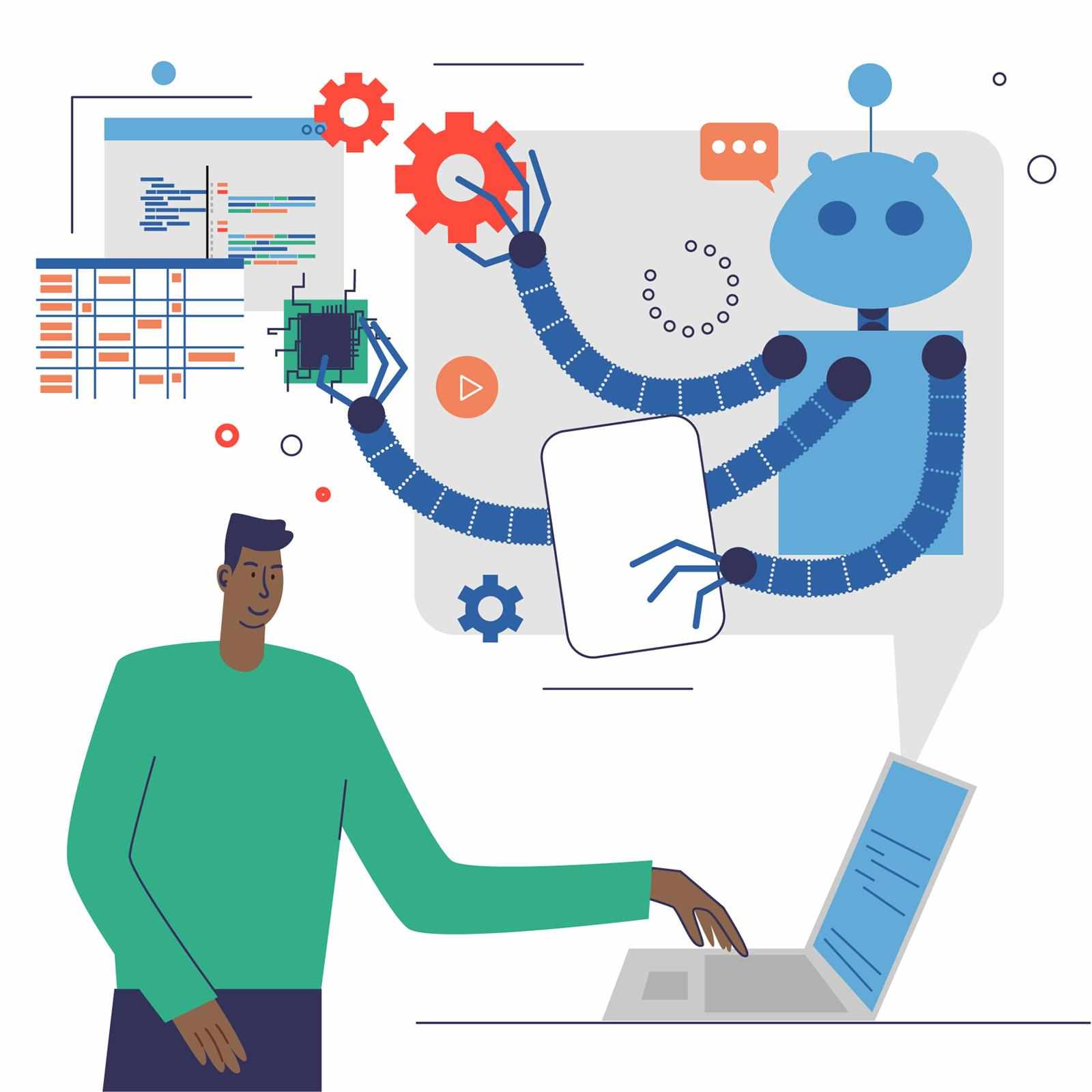
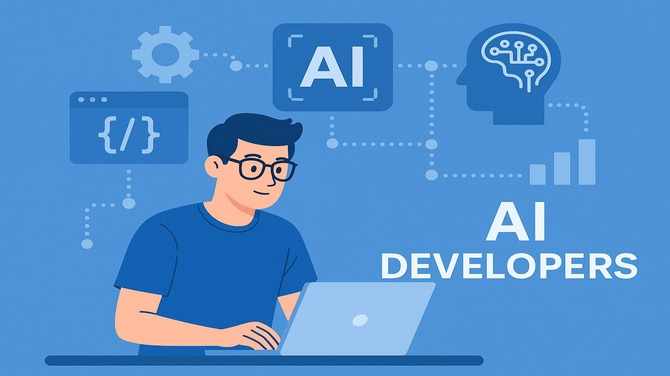

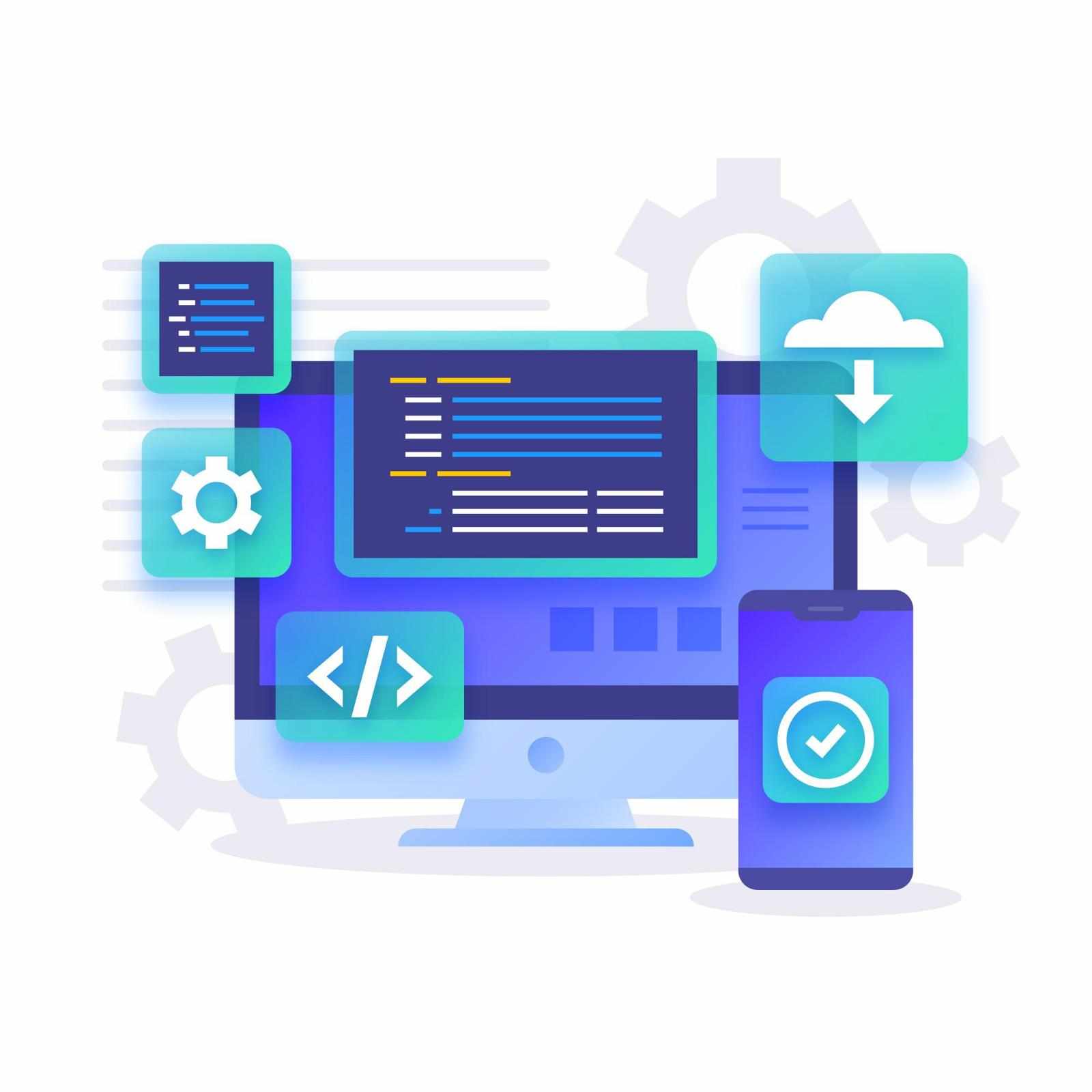
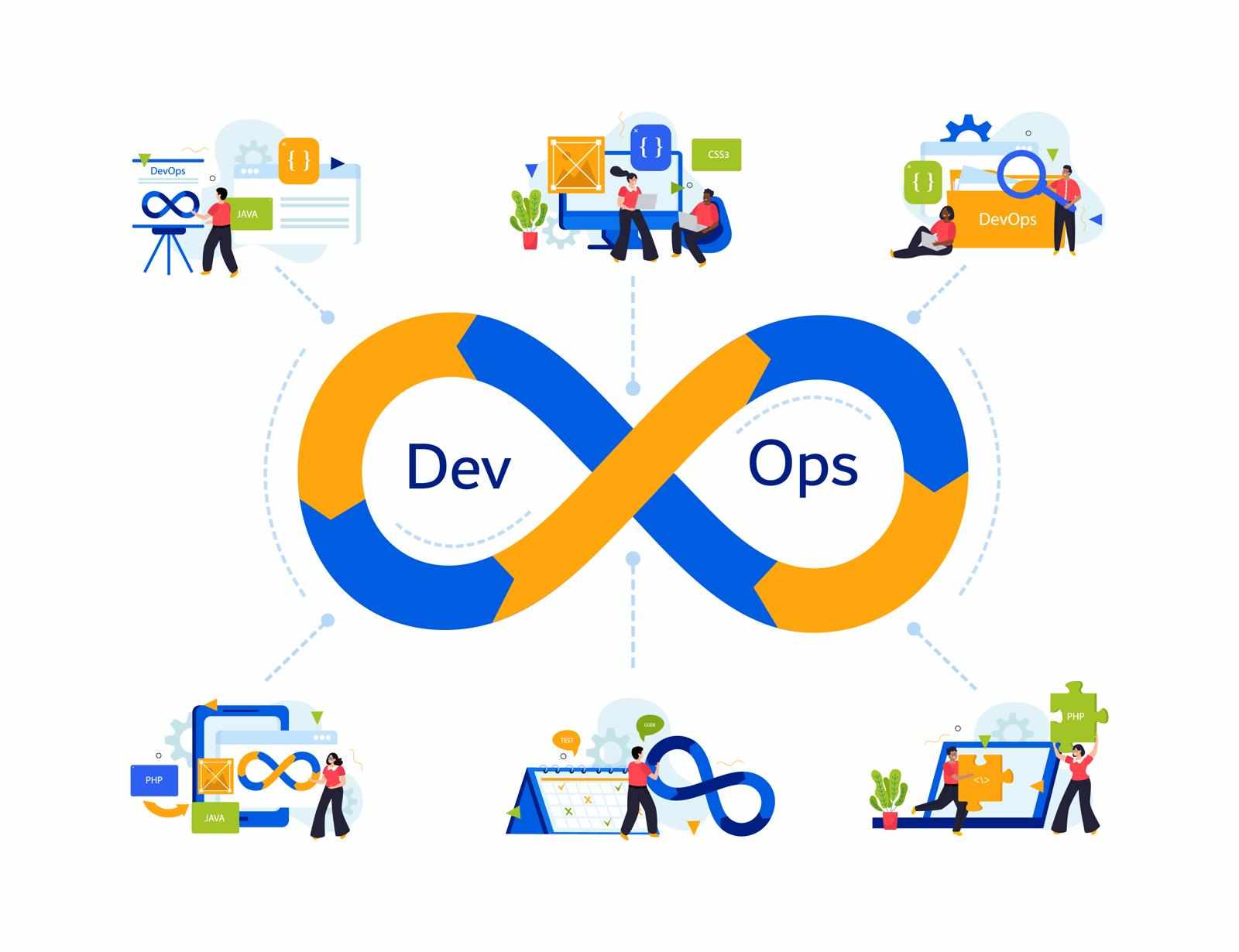



Write a comment ...